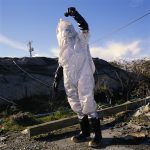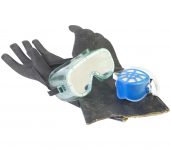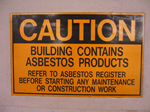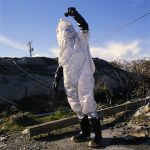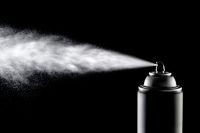What’s in Your HazCom Plan?
Does your written HazCom plan include all the information required by OSHA? Here’s a quick review of essential content. A hazard communication plan doesn’t have to be long or spell out your program in detail, but it must be well thought out, clear, and comprehensive. Your written HazCom plan is the first thing a compliance […]


